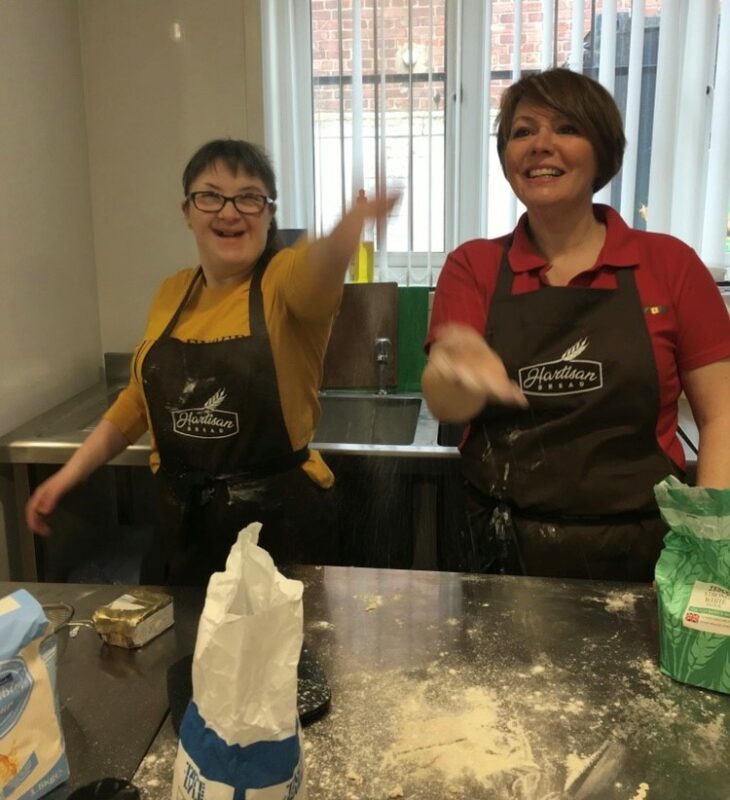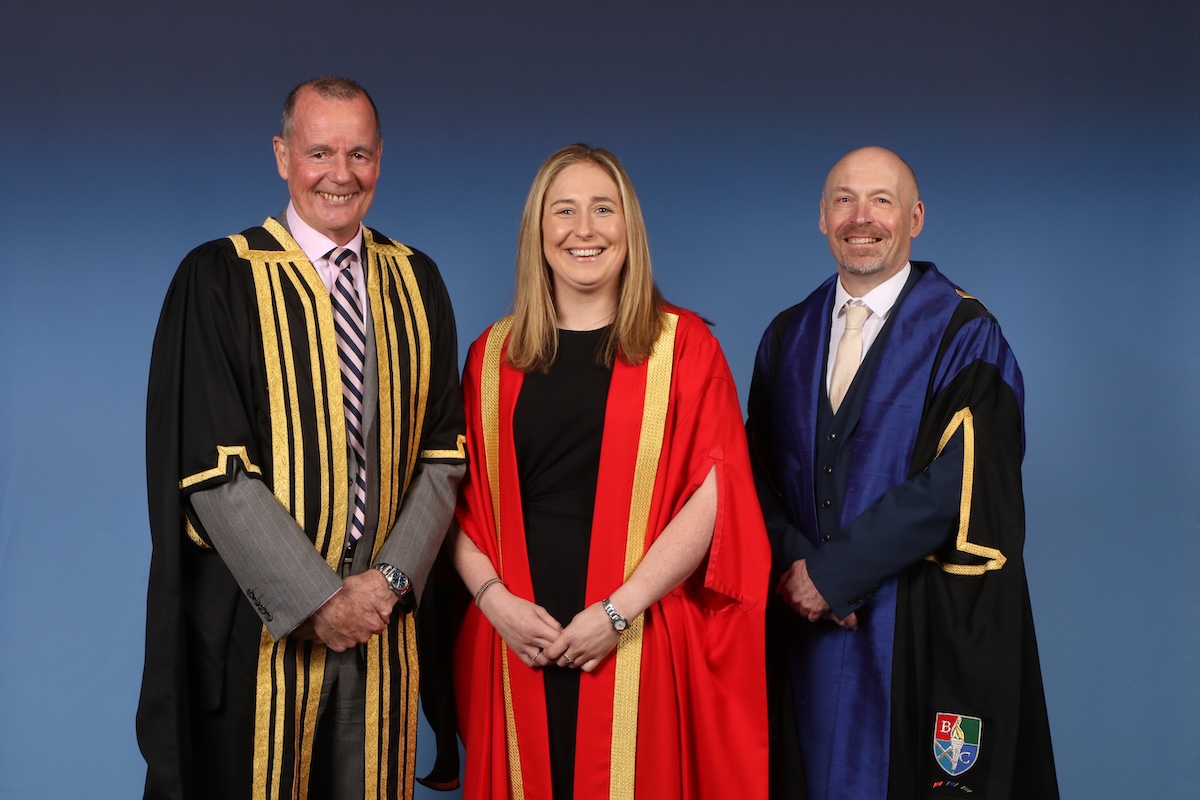Getting into the world of work and celebrating inclusion on Down Syndrome Awareness Week

PLACING PERSONALITY AND SKILLS IN THE SPOTLIGHT ON DOWN SYNDROME AWARENESS WEEK
AN accessible care officer is the “perfect example of what inclusion means on Down Syndrome Awareness Week”, according to National Care Group.
The leading provider of care and support services to vulnerable adults is shining a spotlight on Ellie Cleasby, who was diagnosed as having a severe form of Down syndrome at birth.
Now 20-years-old, she has defied all expectations to lead a rich and fulfilling life, helping deliver sign language training and COVID-19 policy updates as part of her role at National Care Group.
She said: “I love the feeling of helping people at National Care Group, and it makes me feel really happy to make language more accessible for all. I feel supported and encouraged by the team who enjoy my training videos and look forward to doing more work with National Care Group and seeing what else I can offer them in my role.”
Upskilling teams and transferring her knowledge of Makaton language to other staff members, the news of Ellie’s work comes as Down Syndrome Awareness Week seeks to advocate the rights of people living with the condition, with this year’s theme asking “what inclusion means” in current society.
For Ellie’s mother, Rebecca, a focus on inclusion is welcomed, but calls for greater emphasis on the personalities and skillsets of individuals affected by Down syndrome.
She said: “In helping Ellie, we have always been determined to create both a life with her and for her and, in this sense, we’ve understood that she should be a part of both disabled and non-disabled worlds. This helps encourage her development to connect with people that will have both shared and non-shared experiences, to the benefit of both herself and wider society.
“Spotlighting Down syndrome is all part of an educational drive to raise awareness of the condition, but sometimes I feel the focus isn’t centred in the right manner.
“When I see people sharing their life stories or videos focusing on the condition, so much emphasis is placed on general life goals, such as getting married, driving a car or having children. I feel that this amount of emotional weight being placed on these milestones can give false hope to others experiencing or living with this condition, when we should be considering the aspects of personalities more than anything else.
“With Ellie, we’ve encouraged her to pursue a vast range of interests that she has mentioned or feels she might be good at and, for our family, that is more important than trying desperately to wish or force common stages of life that might not be accessible to everyone.”
As well as her role at National Care Group, Ellie has taken up a vast range of extra-curricular and occupational activities in her life, including floristry training, operating as a pre-school gymnastics coach and waitressing in a local tea room.
Describing what inclusion means to her, Ellie added: “I like being part of different things and doing all the things my friends and family do. It’s good when people can achieve what they want to do, even if they sometimes need some support, just like I do. It’s ok to have extra help so you feel like you can do anything and decide what to do with your life.”
Ellie is joined at National Care Group by her father Mike Cleasby, quality director, who couldn’t be prouder of his daughter’s achievements.
He said: “Rebecca and I are delighted that Ellie is letting her vibrant personality and interests drive her life. In her role at National Care Group, she is helping change the lives of vulnerable adults across the UK, giving them a platform to learn and develop their passions, as well as increasing accessibility for those with hearing difficulties.
“Ellie really is the perfect example of what inclusion means on Down Syndrome Awareness Week and we look forward to encouraging her journey through life – both personally and professionally.”
The National Care Group supports more than 1,500 vulnerable adults across the UK, each with varying healthcare and specialist needs.











Responses